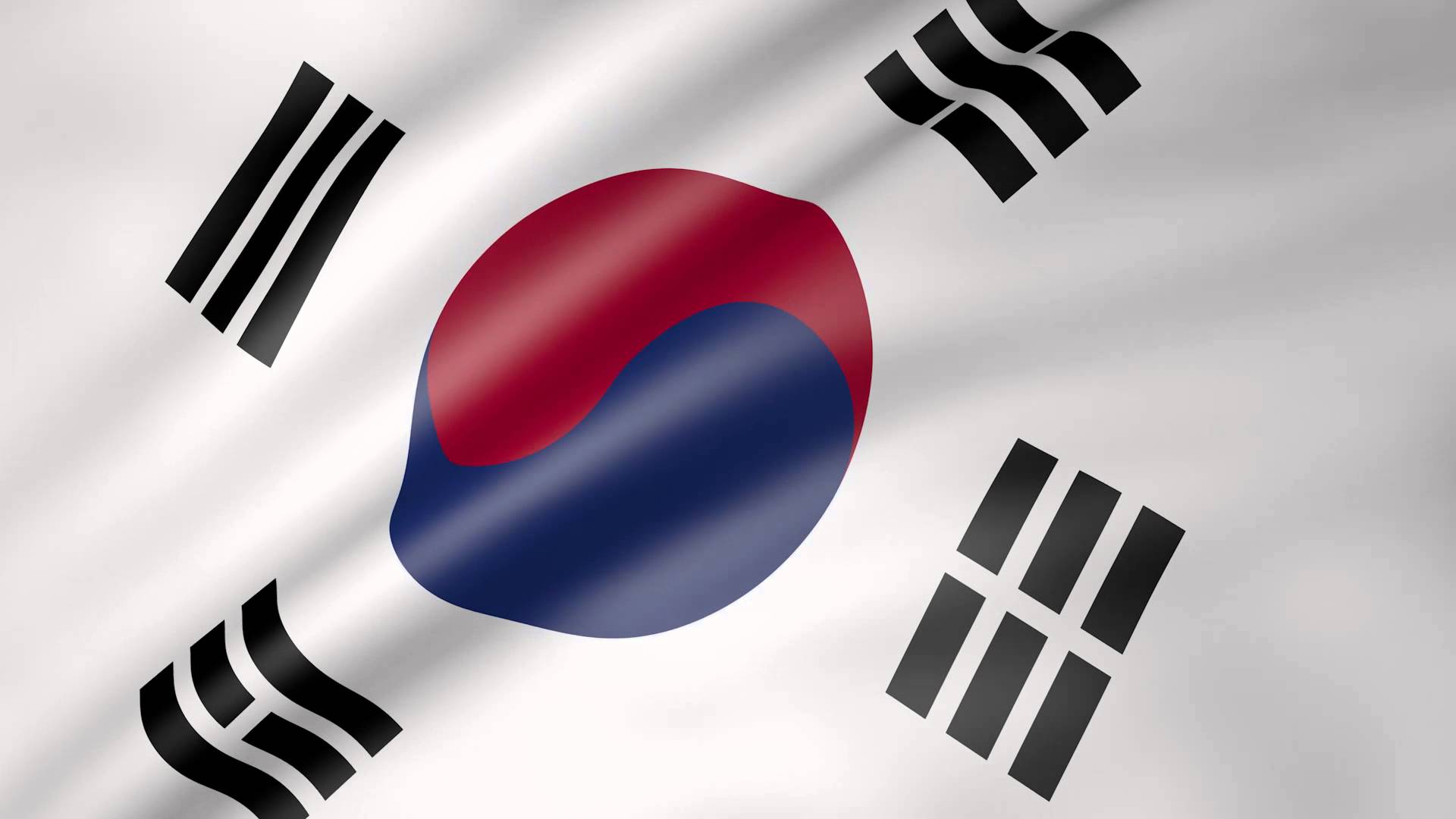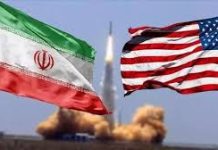The Nigerian government has announced plans to attract significant investment in the country’s refining sector, with a consortium of investors from South Korea committing to build four 100,000-barrel capacity refineries in various locations across the nation.
The Minister of State for Petroleum Resources (Oil), Heineken Lokpobiri, unveiled the news at the inaugural summit organized by the Crude Oil Refineries Owners Association of Nigeria (CORAN) in Lagos.
He emphasized the government’s commitment to creating a conducive environment for investors to establish refineries and contribute to Nigeria’s energy security.
Lokpobiri noted that the government has recently approved the invitation of the South Korean consortium to invest in Nigeria’s refining industry.
The consortium plans to establish four modular refineries, each with a capacity of 100,000 barrels per day, in different regions of the country.
To further incentivize investment in the midstream and downstream segments of the oil and gas sector, the government has adopted the public-private partnership (PPP) model.
This approach aims to attract private sector participation and facilitate the establishment of more refineries, both modular and large-scale.
The oil minister highlighted the government’s openness to equity investment in modular refineries and other upcoming refining projects as a strategic step to ensure energy security.
He also emphasized the importance of the Domestic Crude Supply Obligation (DCSO) guidelines, which have been developed by the Nigerian Upstream Petroleum Regulatory Commission (NUPRC) to ensure transparency and access to feedstock for local refineries.
Lokpobiri further announced the government’s plans to deregulate the downstream sector completely and implement necessary frameworks to mitigate the impact on the poor masses.
He also revealed that the ministry has facilitated easier access to tax and other exemptions for refinery equipment importation, as part of its efforts to make Nigeria self-sufficient in petroleum products and establish itself as Africa’s petroleum refining hub.
To support the development of the refining sector and address challenges such as crude oil theft and illegal refining, the government has taken several initiatives.
These include the establishment of an international emergency committee to explore home-grown solutions for in-country refining and the prioritization of partnerships with international institutions for knowledge transfer and technological advancements in the refining sector.
By Ibe Wada













